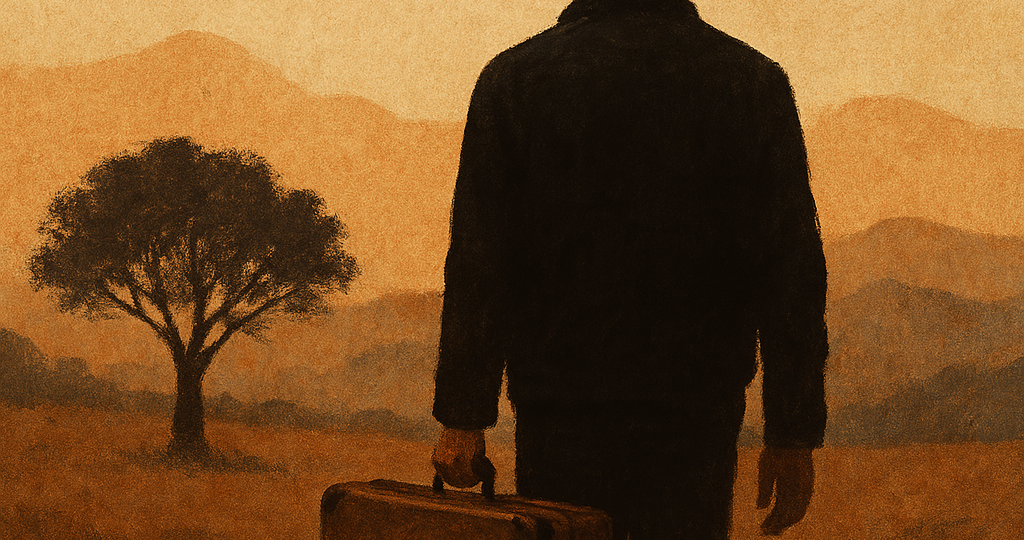
Literature has long been a mirror for people in motion—those who leave home, lose home, or are never quite allowed to call a place home. Among the most powerful themes in both classic and contemporary storytelling is exile and the search for belonging. Whether forced or chosen, physical or emotional, exile shapes characters in profound ways. And often, the journey to belong is even more compelling than the destination.
Characters caught between cultures often live in a liminal space—not fully of one world, not fully of the other. In The Namesake by Jhumpa Lahiri, Gogol Ganguli grows up in the United States as the child of Indian immigrants. His parents’ nostalgia for their homeland clashes with his American upbringing, and much of the novel revolves around his search for a self that feels whole.
Similarly, in Season of Migration to the North by Tayeb Salih, the protagonist returns to Sudan after studying in England and finds himself spiritually displaced. The colonial legacy has altered his sense of home, and he is no longer sure where he belongs.
Sometimes, characters try to assimilate to feel included, but at the cost of suppressing who they are. Other times, they cling to their culture, even as the world around them changes. Belonging becomes an act of negotiation: between roots and wings, past and present, self and society.
In Chimamanda Ngozi Adichie’s Americanah, the experience of migration is personal and political. The protagonist Ifemelu, a Nigerian woman studying in the U.S., navigates love, race, and identity while trying to make peace with who she is in a country that constantly labels her.
Writers in exile—be it voluntary or forced—have produced some of the most poignant works of our time. Think of Salman Rushdie, James Baldwin, or Aleksandr Solzhenitsyn. Their voices echo with longing, resistance, and a profound need to write themselves into a world that often pushes them to the margins.
Through their words, we not only witness their pain, but we also find common ground in our own moments of alienation—whether it’s feeling out of place in a city, a family, or even within our own skin.
RELATED POSTS
View all

